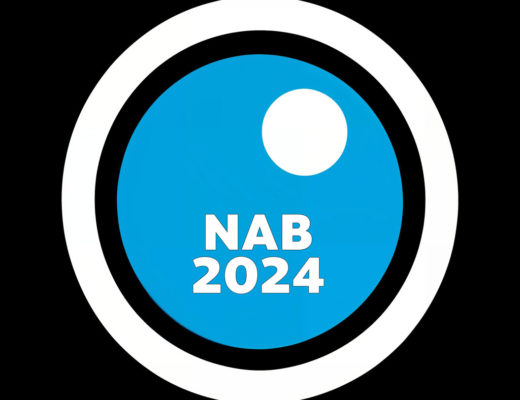Think about this for a moment, can organizations manage knowledge and do they even know what that means? In discussions I have had with various members of the user community, they recognize the term Knowledge Management (KM), yet it seems there is still no clear and agreed upon definition from the masses as to what KM really is.
If you look up the word knowledge in Webster’s Dictionary, you will find a definition citing “a condition of knowing something with familiarity gained through experience or association”. In essence, it is the awareness of something, like information, existing. The term management, simply defined, means to manage or supervise in such a way as to achieve one’s goals or objectives. In the case of KM, this could mean supporting and managing an environment focused on knowledge sharing across an organization with the benefit being a more complete corporate memory, higher customer service levels, better decision making through enhanced Business Intelligence (BI) capabilities and succession preparedness to name a few. But how does an organization establish and maintain a solid KM environment?
via AIIM Knowledge Center Blog: Can organizations really manage knowledge?.
Related articles by Zemanta
- Getting smart about ROI: measuring the impact of business intelligence (digitalassetmanagement.org.uk)
- Science Intelligence: 1 minute to understand (slideshare.net)
- KM Resources (4) (knowledgefordevelopment.com)
- KM & PKM – Missing Link (knowledgefordevelopment.com)

Filmtools
Filmmakers go-to destination for pre-production, production & post production equipment!
Shop Now

![Can organizations really manage knowledge? 3 Reblog this post [with Zemanta]](http://img.zemanta.com/reblog_c.png?x-id=0c6cb82d-f417-4f2d-aa52-f34d07aaf8ac)













